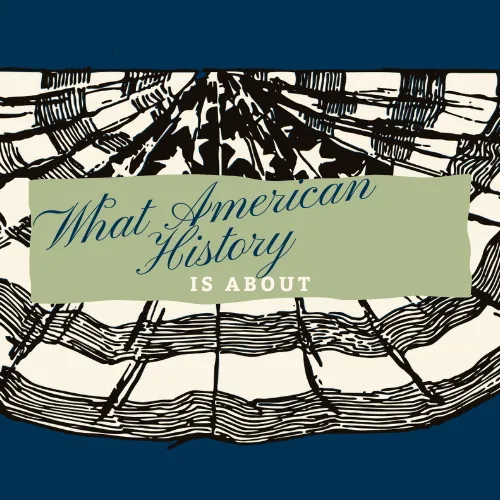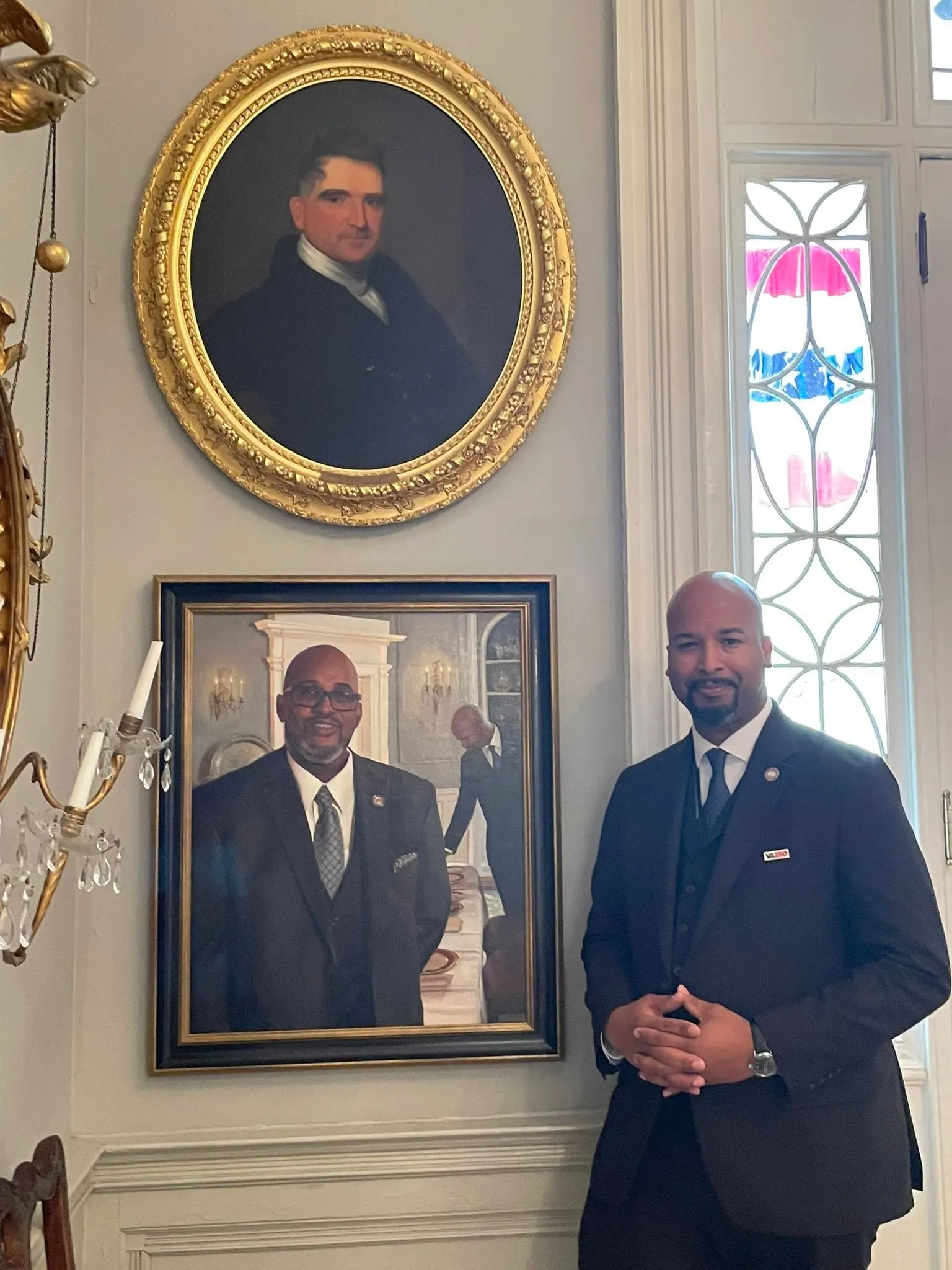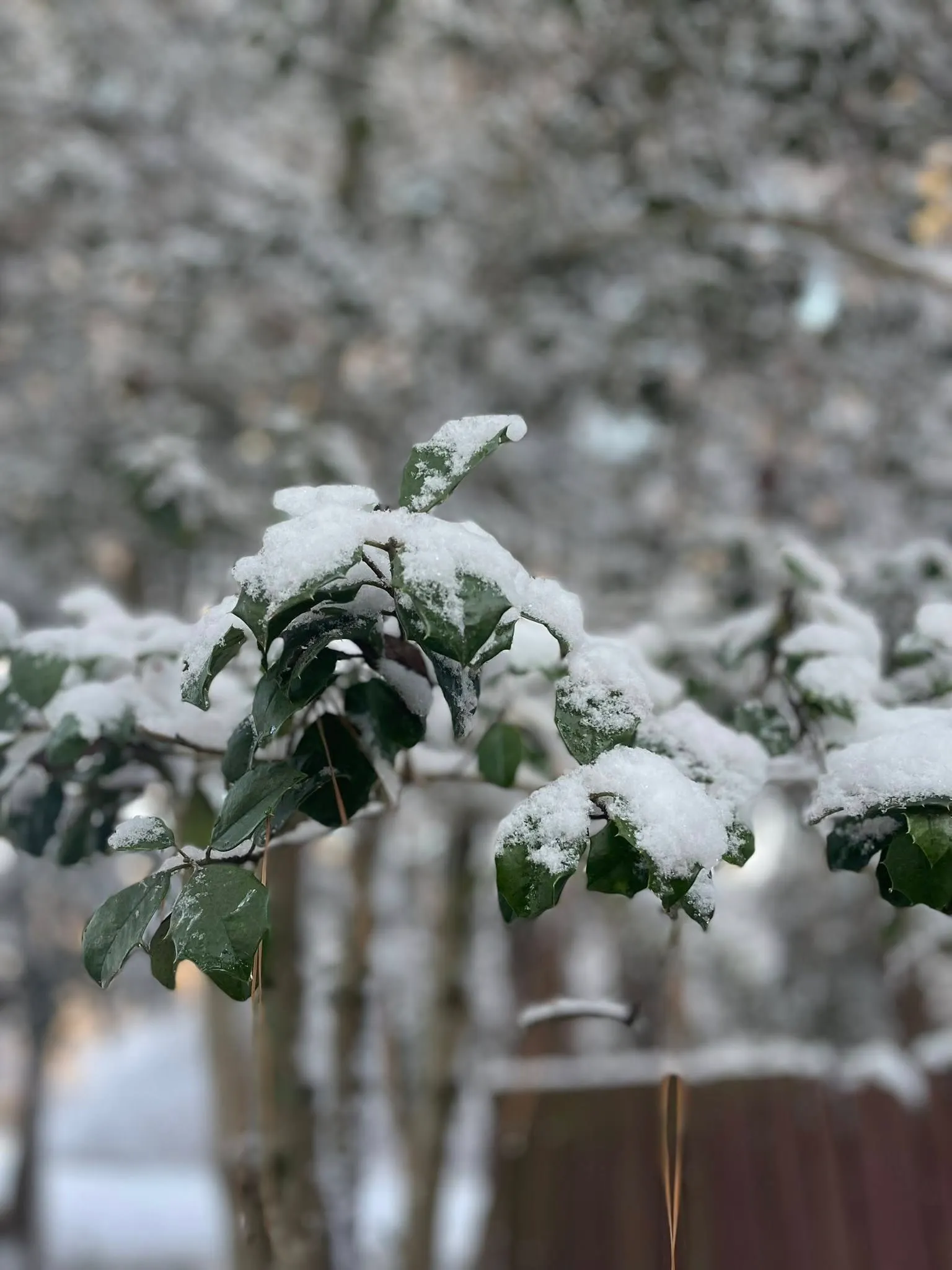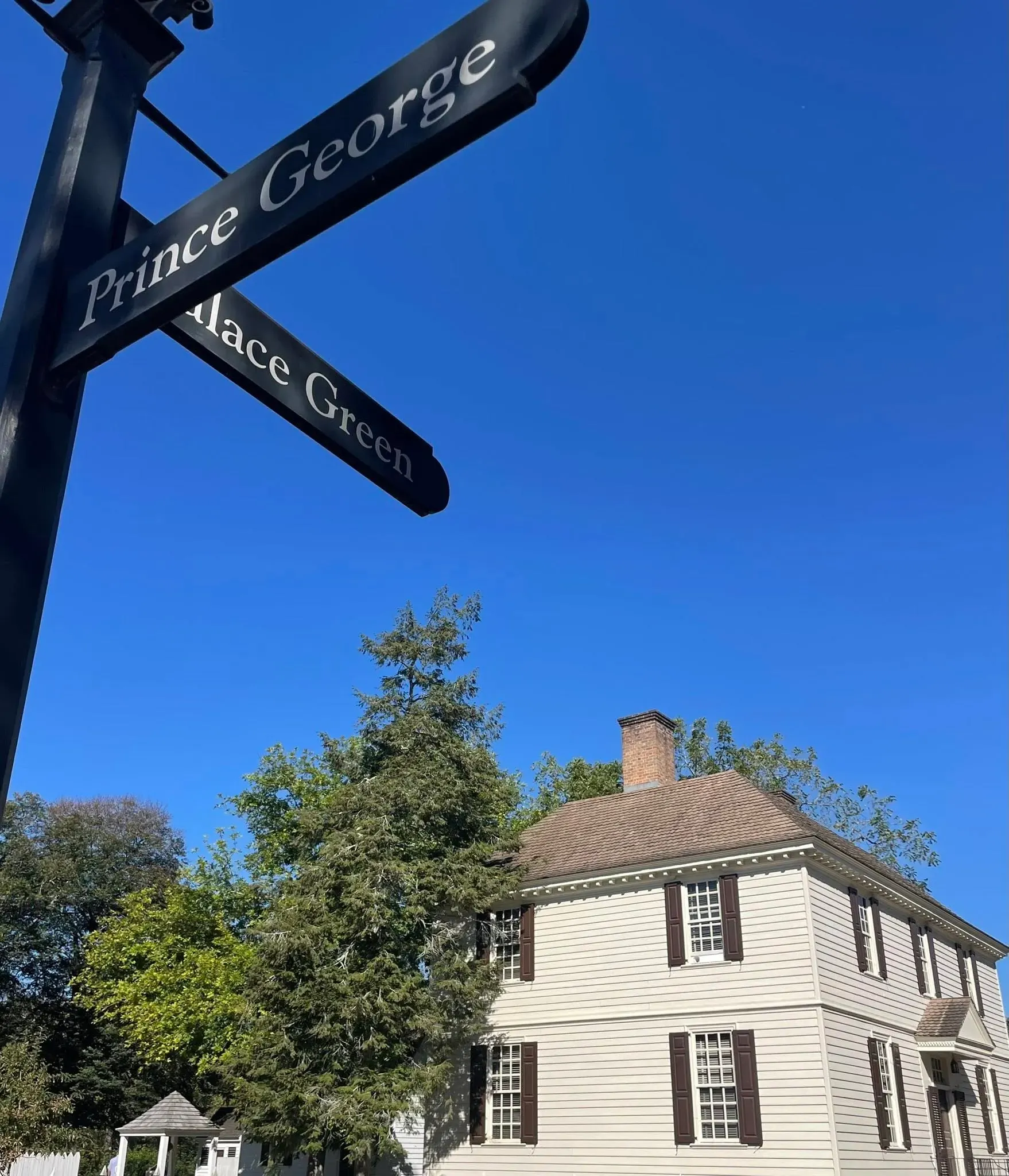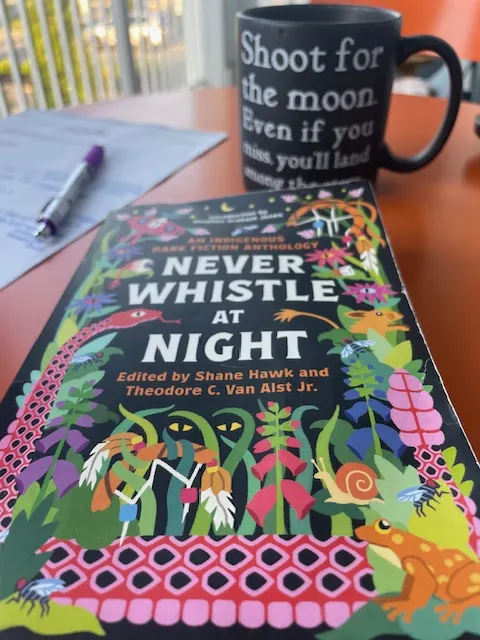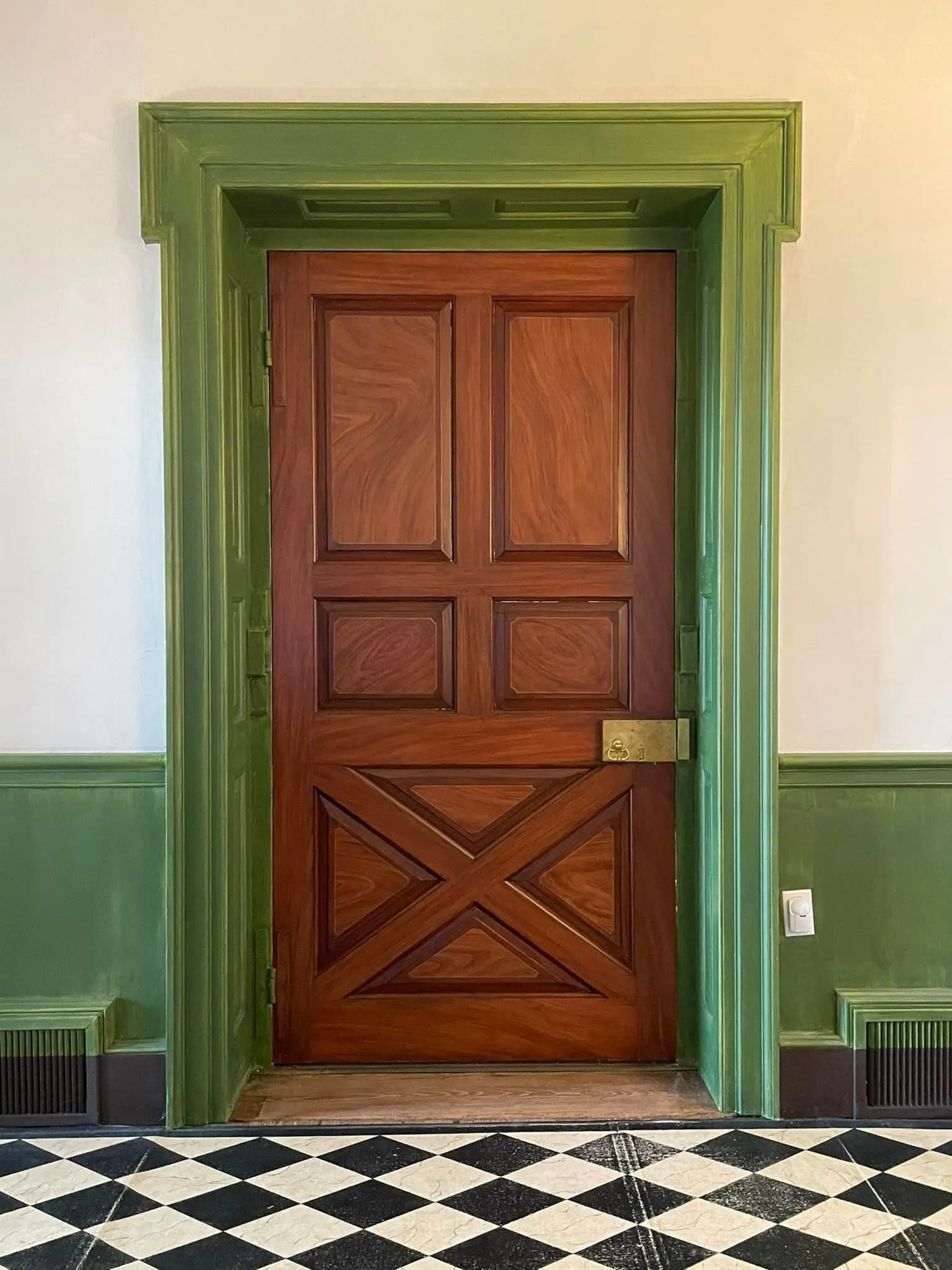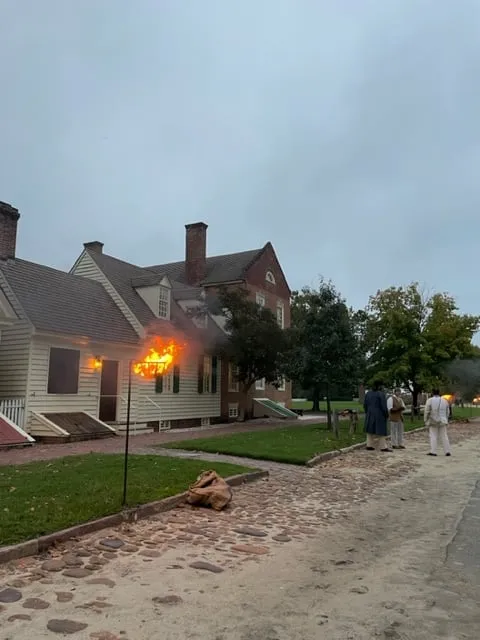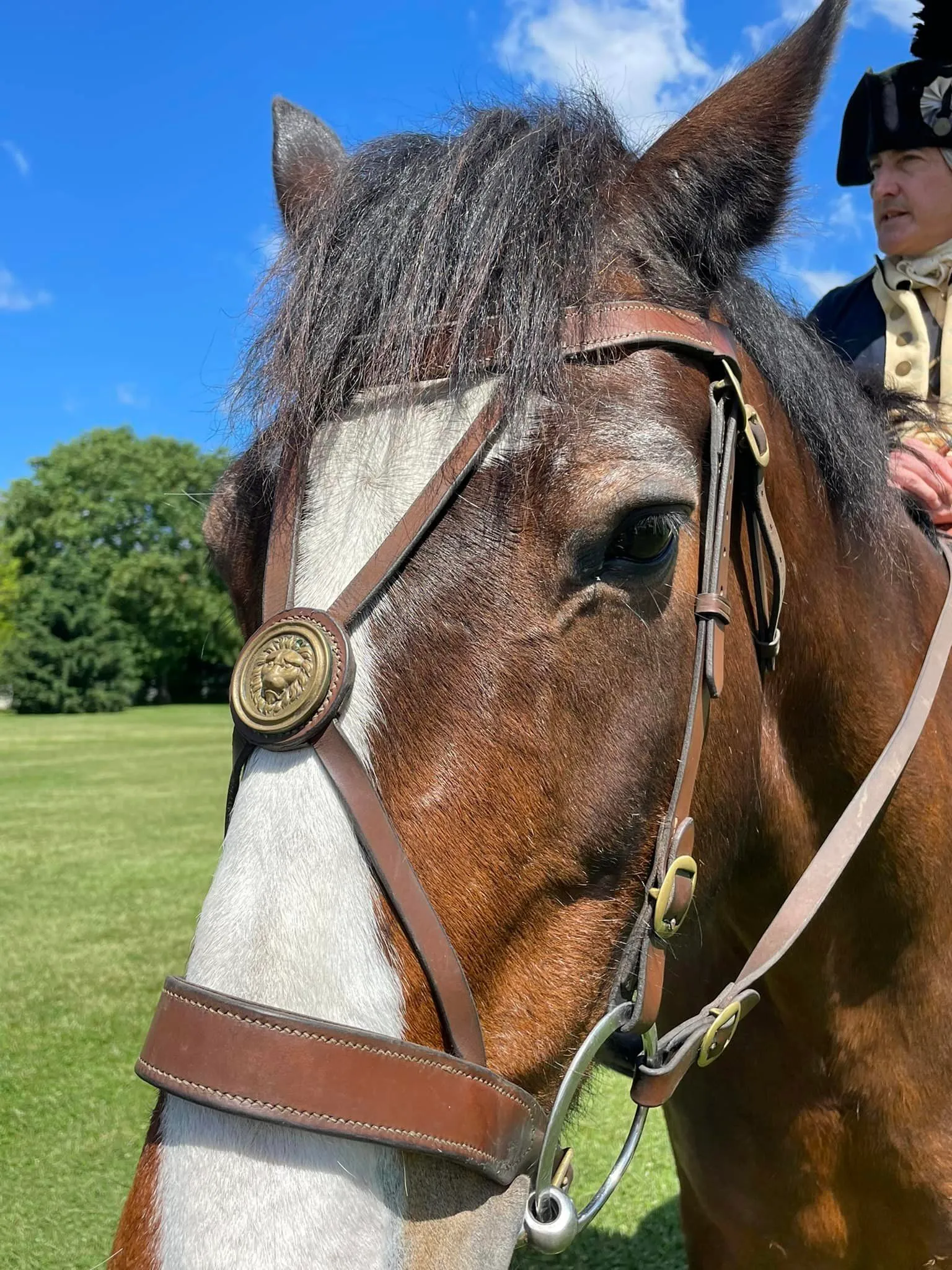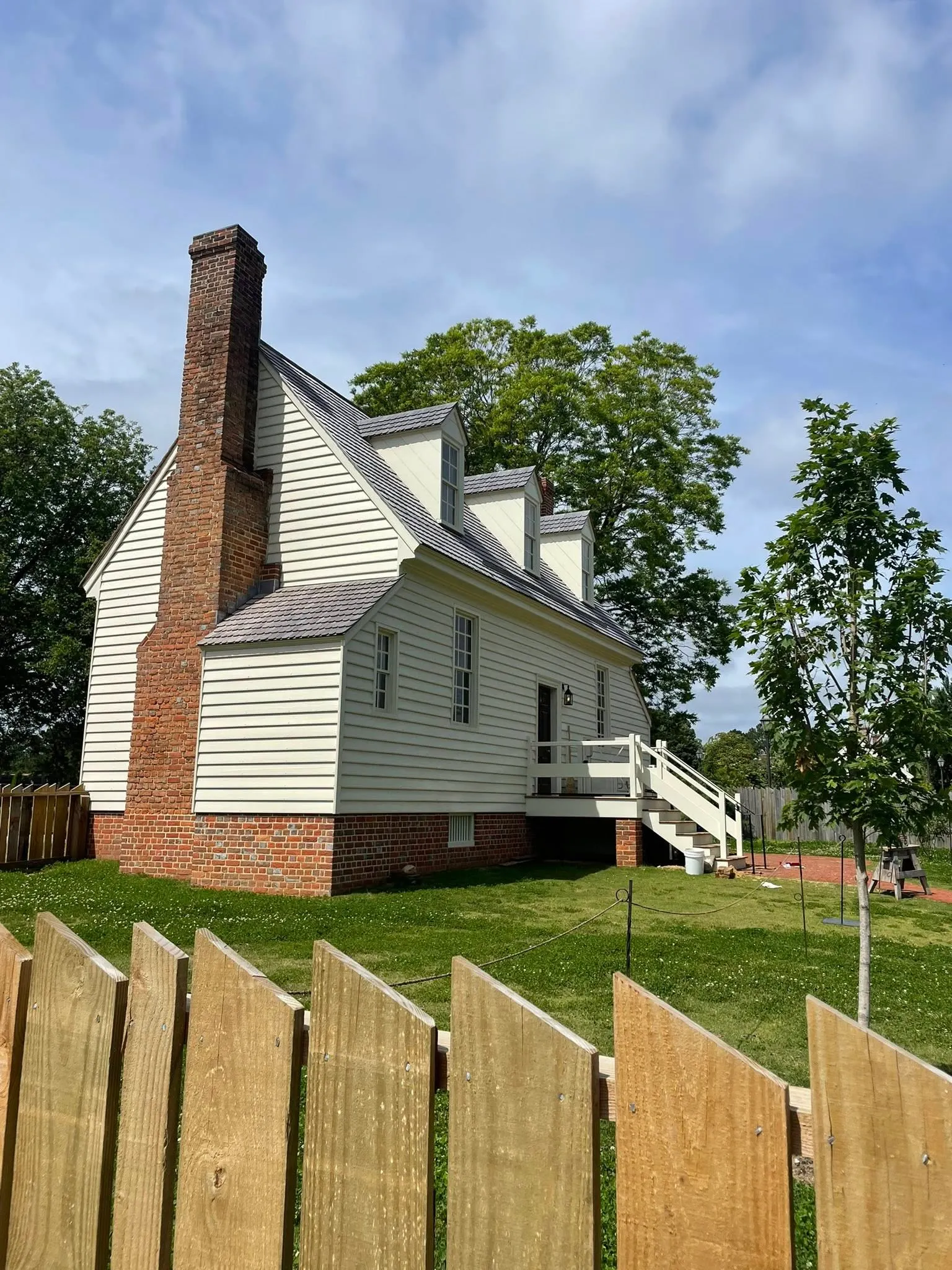Music in History: All-American From the Start of our United States
Disclaimer: As a blogger, I use affiliate links sometimes! I may receive commission from purchases I share; it does not change your price but sometimes you might get a discount.
Introduction: Decades of music that defines us.
The 80s is when I was first truly paying attention to music, but I'd argue that I wasn't totally getting it. Now, as a GenX gal over 50, I understand it all a bit more. It isn't all about love and parties, there is deeper meaning to a lot of it.
Looking back further, it's easy to see the impact, the voice, and the messages music has had throughout American history.
- Elvis crossing cultural boundaries in the 50s.
- Flower power in the 60s and 70s.
- Grunge in the 90s.
- The Jazz Age.
- And further back, the positivity and hope in American swing as well as the patriotism and sentiment during World War I.
I read a fantastic book about the history of Nashville's Music Row for a history challenge fellow blogger Courtney has created. And the Marquis de Lafayette's visit to Nashville was explained as the book got started.
It's all interconnected, our American history. And if you haven't read it yet, check out this post sharing what I write about in this blog and WHY.
Every decade, every era could have it's own blog post- and that may happen!
But today, let's start at the beginning of our United States of America, using what I've learned here in Colonial Williamsburg (aka CW).
RELATED: Join the 2023 History Reading Challenge from The Hourglass House by clicking here.
My Country Tis of Thee: evolution of a song.
The culture and evolution of a place, including the United States of America, can be traced through song.
Did you know that God Save the King became "God Save Great Washington" before it became commonly known in America as "My Country Tis of Thee?" You can watch the change in our political sentiment and early patriotic devotion alter with the name of this one song.
Regard for Washington was clearly high in the early years of our nation; in the early 1800's Samuel Francis Smith wrote the lyrics we know today. You can read more of his poetry and lyrics in this book.
So we took a song from England and made it "all-American" - that's ok!
The value of music has always been held high in America.
Almost every time we tour the Governor's Palace here in CW, the Dunmore daughters and their education is mentioned. It always includes the value placed on women to learn instruments such as the pianoforte or harpsichord.
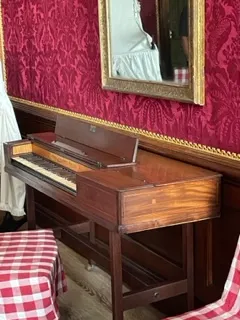
It's been mentioned in other buildings and in other presentations as well. Mastering an instrument (or several) was fashionable throughout Europe, so why not in the Colonies?
So yes, this meant that Americans entertained themselves at home, at parties, when visiting each other. Some people like Robert Carter III even seemed to have a dedicated music room. On my recent tour of his home on the Palace Green, it was discussed as part of the discoveries made in researching the house's architecture and, also, the man himself.
In fact, Mr. Carter not only owned multiple instruments, one of them was a chamber organ! Yes, like what is in a church. According to information I read in CW's music exhibit in the museum, his family played psalms on it during prayer.
Thomas Jefferson was also well-known for his love of music and his abilities with the violin. For reference, check out this article posted on Monticello's website. I've even heard it mentioned here in CW that music played a role in his courtship of the future Mrs. Jefferson, Martha Skelton.
Music was evident in every culture of early America, not just with the English colonists.
From African heritage instruments and songs to the music of indigenous tribes, it was everywhere. And if you want a comprehensive history of music here, starting with Native American, I've seen The Cambridge History of Music referenced in multiple sources.
Click here to explore the CW exhibition online which includes examples of instruments and if you visit in person, you'll get MUCH more detail on the day-to-day integration of music into early American culture.
In addition to parlors and ballrooms, where did you hear music in Colonial America?
- taverns (no surprise here!)
- church, of course!
- theaters, concert halls and playhouses: the Coffee Cantata I've seen performed on CW's outdoor stage, the site of the first "theatre" in English America!
- on the streets!
- in any family home, not just in homes of those who could afford expensive instruments!
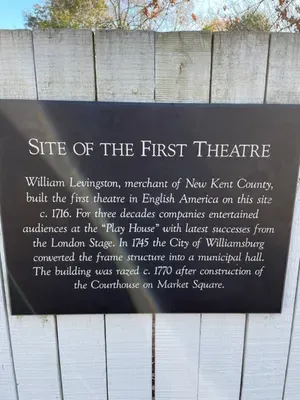
Know that "frivolity" (including concerts) was disallowed during wartime. Truly! They actually passed that into law. That said, I still found plenty of music mentioned throughout letters and diaries recorded of our founding fathers on this website.
Keeping historical music alive: Fifes and Drums and more!
Every year I look forward to both the Memorial Day and July 4th celebrations on PBS. One reason: we get to hear these songs of our early American history in full effect. From the National Anthem to the 1812 Overture, bands, including those representing our armed forces, bring the past to life.
And almost every week of the year, we get to hear our Fifes and Drums in Colonial Williamsburg.
Yes, I enjoy hearing them play but, like everything here in CW, it's a learning experience~ when they do their thing on the field behind the Courthouse, it's typically part of a program and they go over the details of each song and the the role these fantastic musicians played in military history.
(it's personally how I learned about the evolution of "My Country Tis of Thee")
Other opportunities to see our Fifes and Drums include marches down the Duke of Gloucester Street from the Capitol Building to the Palace Green- not just on holidays!
I personally love watching Patrick Henry and General Washington watch them pass, removing their tricorn hats in honor.
In one of my new favorite resources mentioned earlier, I found this passage. Link to it online here.
General Orders, 3 September 1778
General Orders
Head-Quarters W. Plains Thursday Septr 3rd 1778.
Parole Languedoc—C. Signs Leech. Ludlow.
The troop to beat at 7 ôClock and the Guards to be on the Grand Parade at 8 in the morning ’till further orders—All the Drums and Fifes of the Right Wing, Second Line and Left Wing to attend the Parade in Rotation; Those of the Right Wing tomorrow.
The Inspector of Music will daily attend the Parade.
Closing it out, even though it's only the beginning.
Someone will surely read this post and say I've limited the stories surrounding American music. It's true- because there is so much to be discussed! So as I mentioned earlier, I'm sticking to the beginnings of American music in this post.
One woman and her thoughts and discoveries; one blog focused on displaying the various parts of life that have made up our American history, cannot cover it all, nor do I plan to.
That said, I'd love to hear your stories steeped in musical history. And any other stories expanding on the posts I've written in this, my online journal and hobby blog. So click around to the other posts and hit the comment sections!
Cheers!
Are you enjoying the blog? Use my online tip jar and buy me a coffee:
There is a huge practical disclaimer to the content on this blog, which is my way of sharing my excitement and basically journaling online.
1) I am not a historian nor an expert. I will let you know I’m relaying the information as I understand and interpret it. The employees of Colonial Williamsburg base their presentations, work, and responses on historical documents and mainly primary sources.
2) I will update for accuracy as history is constant learning. If you have a question about accuracy, please ask me! I will get the answer from the best source I can find.
3) Photo credit to me, Daphne Reznik, for all photos in this post, unless otherwise credited! All photos are personal photos taken in public access locations or with specific permission.
